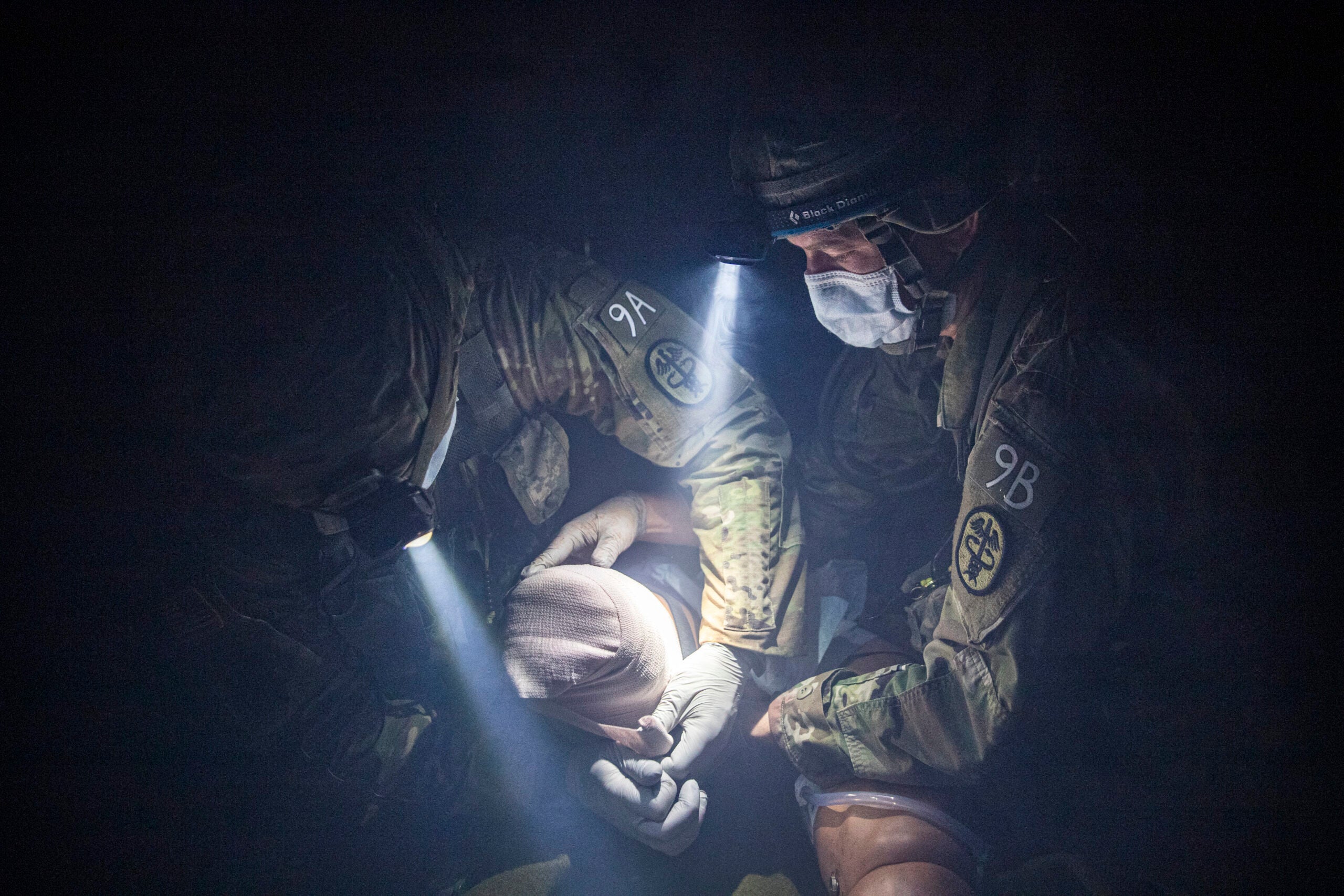- Joined
- Aug 20, 2006
- Messages
- 612
- Reaction score
- 60
They finally listened to me! In the only editorial I was able to get published in U.S. Medicine (Issue 88, June, 2006, no longer online), I predicted that a nurse would be appointed Surgeon General of a military department. My final paragraph stated the following:
"The mothers of those brave souls who are right now enlisting to defend our country deserve to know the truth: there will be no military medical system to care for them in a few short years, if current trends continue...and if there is one, it will be so dangerous due to lack of funding and qualified personnel, that self aid/buddy care would prove a far safer option."
Well, a few months later (2007), a CRNA was appointed acting Surgeon General of the Army:
Gale Pollock - Wikipedia
And five years later (2011), a nurse was tapped to be the actual Surgeon General of the Army:
Horoho takes oath as first nurse, female surgeon general
Now, in 2023, here comes LtCol (Dr.) Ross F. Graham, who, in the latest issue of the Journal of Indo-Pacific Affairs, published by the U.S. Air University Press, admits that the military has failed to train and/or retain so many experienced physicians over the past 20 years in favor of less qualified humans, that the only hope of survival our poor troops will have when the balloon goes up in the near future is to be able to manage their own and/or their buddy's tension pneumothorax, obstructed airway, and hemorrhaging by their lonesome using the awesome power of their high school diploma or GED. In order to make it sound less hilarious, the propagandists in the Pentagon are renaming Self Aid/Buddy Care to TCCC ASM (Tactical Combat Casualty Care All Service Members), which has the advantage of inducing the MEGO syndrome in civilians who read about this fiasco in situ (as in, "My Eyes Glaze Over" when forced to read long acronyms).
Accelerating Change to Survive
My next prediction for 2024 and beyond: "How to drill into your buddy's head to relieve his subdural hematoma because we have no more neurosurgeon physicians (vs. Physician Assistant Assistants [PAA] and Nurse Practitioner Assistant Assistants [NPAA]) in uniform. Step one: find a stick* for your buddy to chew on as his sole anesthetic. Step two: ask your implanted DoDGPR DAD (decision assistance device) 'DAD, How do I perform brain surgery in the field under combat conditions?'"
*now renamed WBARS: Wood-Based Anesthesiologist Replacement System for better PR optics
Imagine how much money DoD will save by not having to pay the stick!
Please discuss.
Note: Many of the links on the editorials page have eroded with time. I may or may not get around to fixing them someday.
"The mothers of those brave souls who are right now enlisting to defend our country deserve to know the truth: there will be no military medical system to care for them in a few short years, if current trends continue...and if there is one, it will be so dangerous due to lack of funding and qualified personnel, that self aid/buddy care would prove a far safer option."
Well, a few months later (2007), a CRNA was appointed acting Surgeon General of the Army:
Gale Pollock - Wikipedia
And five years later (2011), a nurse was tapped to be the actual Surgeon General of the Army:
Horoho takes oath as first nurse, female surgeon general
Now, in 2023, here comes LtCol (Dr.) Ross F. Graham, who, in the latest issue of the Journal of Indo-Pacific Affairs, published by the U.S. Air University Press, admits that the military has failed to train and/or retain so many experienced physicians over the past 20 years in favor of less qualified humans, that the only hope of survival our poor troops will have when the balloon goes up in the near future is to be able to manage their own and/or their buddy's tension pneumothorax, obstructed airway, and hemorrhaging by their lonesome using the awesome power of their high school diploma or GED. In order to make it sound less hilarious, the propagandists in the Pentagon are renaming Self Aid/Buddy Care to TCCC ASM (Tactical Combat Casualty Care All Service Members), which has the advantage of inducing the MEGO syndrome in civilians who read about this fiasco in situ (as in, "My Eyes Glaze Over" when forced to read long acronyms).
Accelerating Change to Survive
My next prediction for 2024 and beyond: "How to drill into your buddy's head to relieve his subdural hematoma because we have no more neurosurgeon physicians (vs. Physician Assistant Assistants [PAA] and Nurse Practitioner Assistant Assistants [NPAA]) in uniform. Step one: find a stick* for your buddy to chew on as his sole anesthetic. Step two: ask your implanted DoDGPR DAD (decision assistance device) 'DAD, How do I perform brain surgery in the field under combat conditions?'"
*now renamed WBARS: Wood-Based Anesthesiologist Replacement System for better PR optics
Imagine how much money DoD will save by not having to pay the stick!
Please discuss.
Note: Many of the links on the editorials page have eroded with time. I may or may not get around to fixing them someday.
Last edited:


